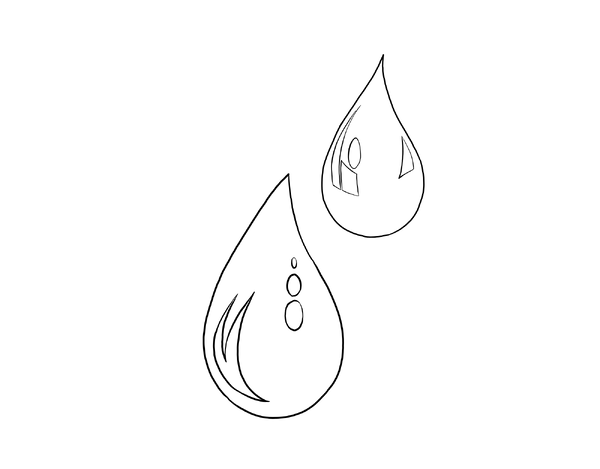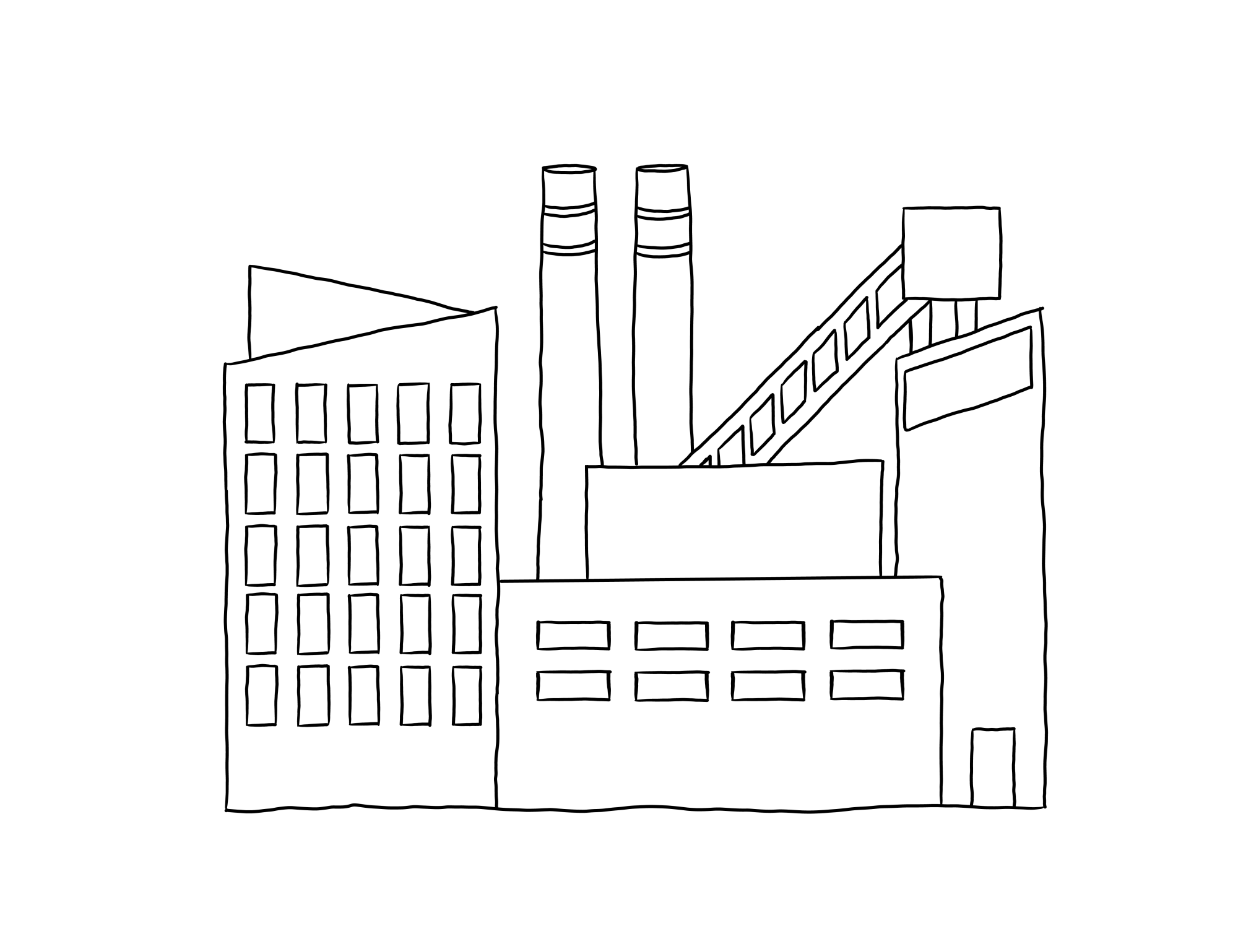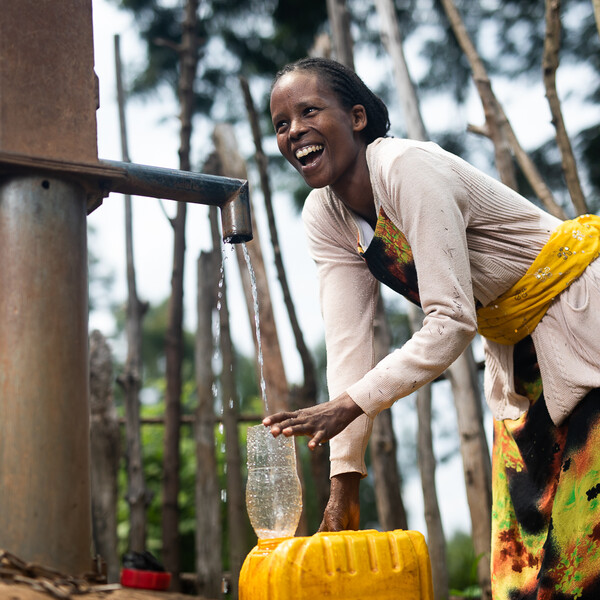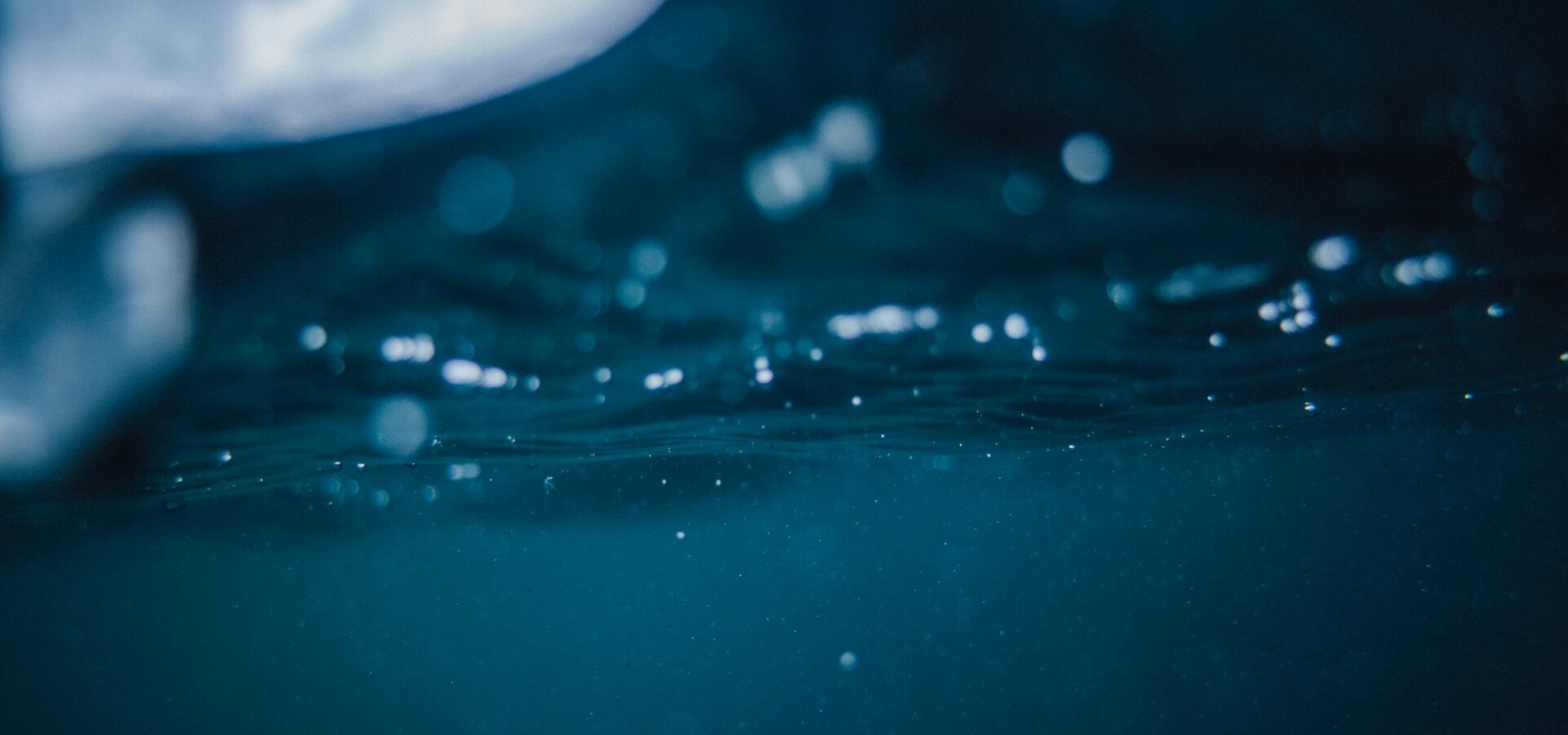
Water – The coffee and cotton we grow and the products we manufacture mean that we are partially responsible for water pollution and water scarcity. In many parts of the world, traditional coffee and cotton farming requires vast amounts of water, as well as fertilisers and pesticides. Textile manufacture – most notably the dyeing, washing, printing and finishing of fabrics – pollutes the effluent with chemicals, which in many cases is not adequately filtered.
Our water conservation efforts are underpinned by three specific programmes: the Detox programme for better chemicals management, and the WASH programme, which provides access to clean drinking water.
Our water conservation efforts are underpinned by these programmes
DETOX – improving chemicals management
In 2014, we made a public commitment to banning hazardous chemicals from textile supply chains. To achieve this, we are working on four levels:
Product development – We eliminate the use of hazardous chemicals right from the start, when we develop our products. For example, the tanning process used for our leather products is 100% chrome-free. This protects the environment, the health of the people making our leather products and the health of our customers. The Manufacturing Restricted Substances List (MRSL) includes all the chemicals that must not be used in the production of our products.
Monitoring – In addition to helping our wet-processing suppliers analyse their effluent, we also help them to review their chemical inventories and substitute any hazardous substances with more environmentally friendly alternatives. Our pilot project with BHive currently allows 30 factories to access an innovative app that can scan and analyse chemical inventories via a digital platform. This allows them to address the use of dangerous chemicals right from the start of the production process.
Training - As part of a strategic alliance with REWE Group and the German Society for International Cooperation (GIZ), we have developed a comprehensive training programme that provides mentoring for factories over eight months. To date, 59 suppliers have participated in the training programme. In 2020, the programme was further expanded to become Advanced Chemical Management Training (ACMT) under the Alliance for Sustainable Textiles and was introduced in China, Bangladesh and Turkey.
Cross-sector engagement – As a member of the Zero Discharge of Hazardous Chemicals initiative (ZDHC), we are working to find cross-sector solutions to eliminate hazardous chemicals in the manufacturing process and, in so doing, protect the environment and people’s health.

Our achievements to date with the Detox programme:
95 %
We have identified wet-processing factories for 95% of our textile products.
68 %
of these factories have provided effluent tests.
88 %
of our textile products are sourced from Detox-certified wet-processing units.
53 %
of our factories created an inventory list to enable the chemicals they use to be checked for MRSL-compliance at an early stage.
WASH – providing access to clean drinking water
People need water – water for drinking, for sanitation and for hygiene (WASH). Right now, some 2.1 billion people do not have access to safe drinking water and 4.3 billion people have no safe sanitation facilities. Ethiopia is one of the countries hardest hit by water problems.
This is where the Tchibo WASH project comes in. The project saw Tchibo working alongside local non-profit organisation Buna Qela Charity to build two wells in a coffee-growing region that is home to our organic coffee. The wells feature solar pumps, supplying water to more than 2,000 families.
In addition to building wells, training were provided for more than 600 households, students and teachers in 2021, focusing on hygiene and safety on coffee farms (COVID-19). Ten sanitation facilities will be built in schools, offices and training centres and 1,500 people will be provided with hygiene care packages.
MORE INFORMED – reducing water consumption in coffee farming
During the dry season in particular, coffee plants in Vietnam are irrigated artificially, leading to increased water scarcity at a time when it is already very dry. The impact of climate change, rising temperatures and decreased rainfall will further exacerbate this problem. In order to reduce water consumption by coffee growers in Vietnam, we have therefore joined a scientific project run by the agricultural research organisations CIRAD and ICRAF, which is investigating whether and to what extent water consumption can be reduced without compromising the yield of the coffee plant.

